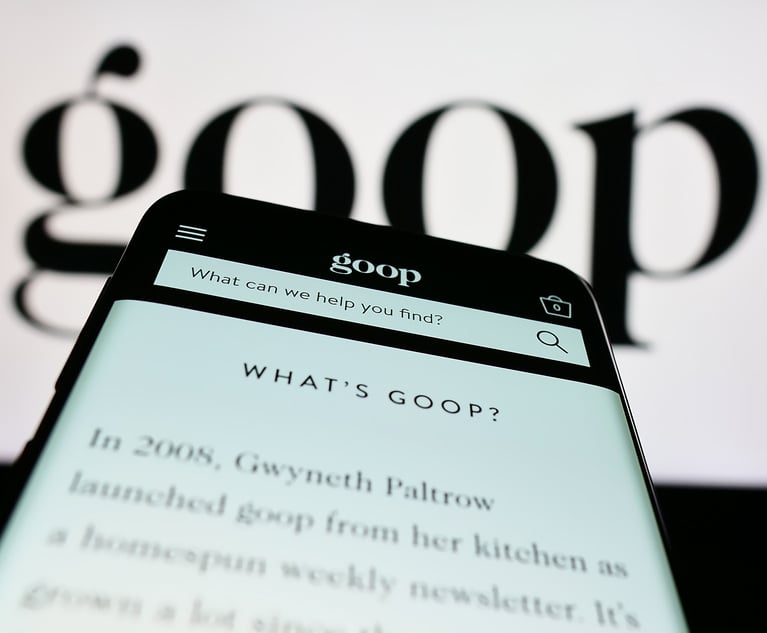Welcome to Skilled in the Art. I’m Law.com IP reporter Scott Graham. We got the first genuinely ground-breaking ruling this week in the Qualcomm antitrust litigation. I’ve got some reaction below. Plus I’m presenting my Oscar for the wildest Federal Circuit argument of the year. Pull up a chair and spare me a few minutes. Better yet, email me your thoughts and follow me on Twitter.
 U.S. District Judge Lucy Koh.
U.S. District Judge Lucy Koh.
It’s Hard to Compete With FRAND
Smart phone patent holders are going to face some challenging decisions in the wake of U.S. District Judge Lucy’s Koh’s ruling this week in the Federal Trade Commission’s antitrust action against Qualcomm.









